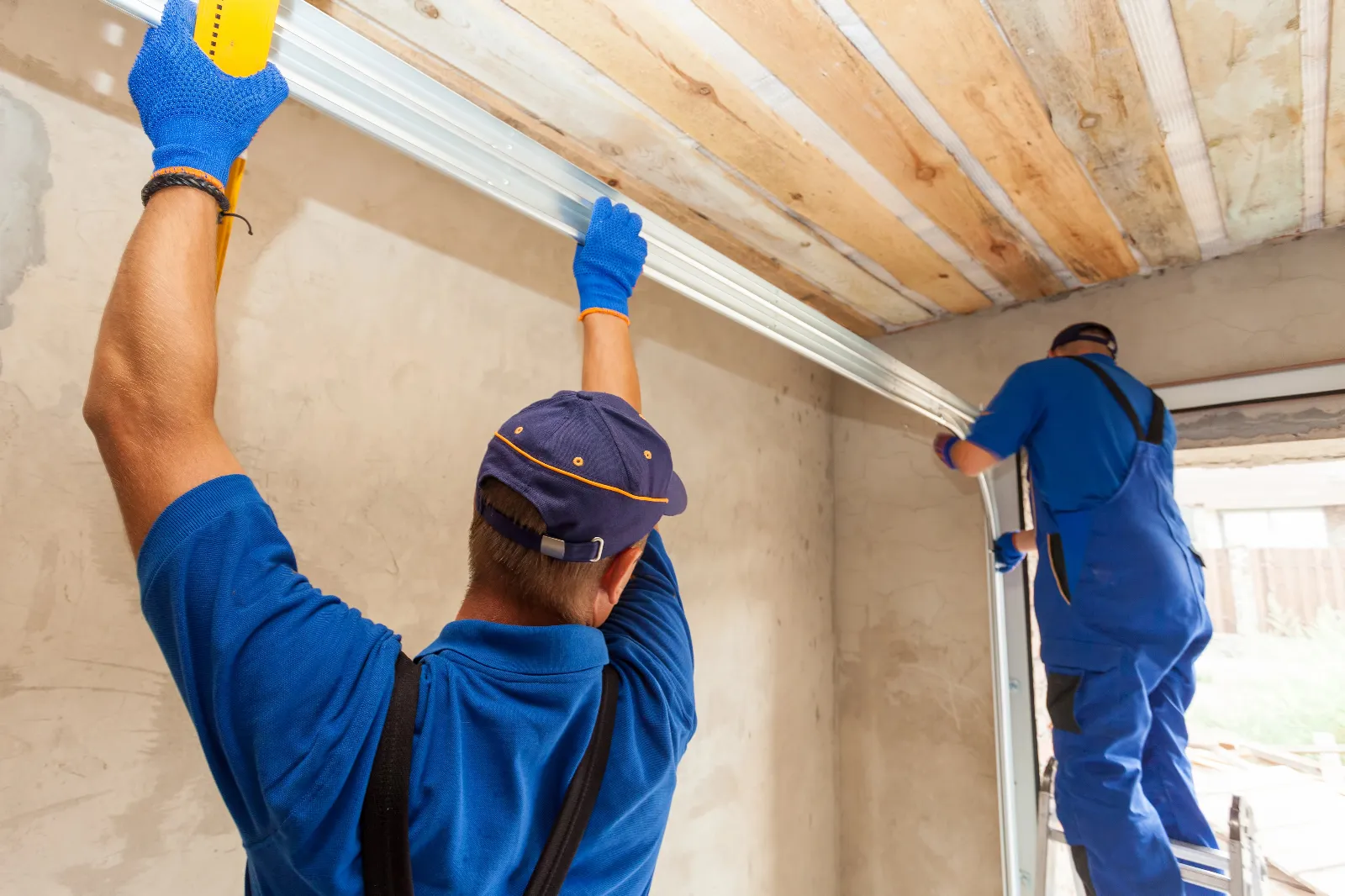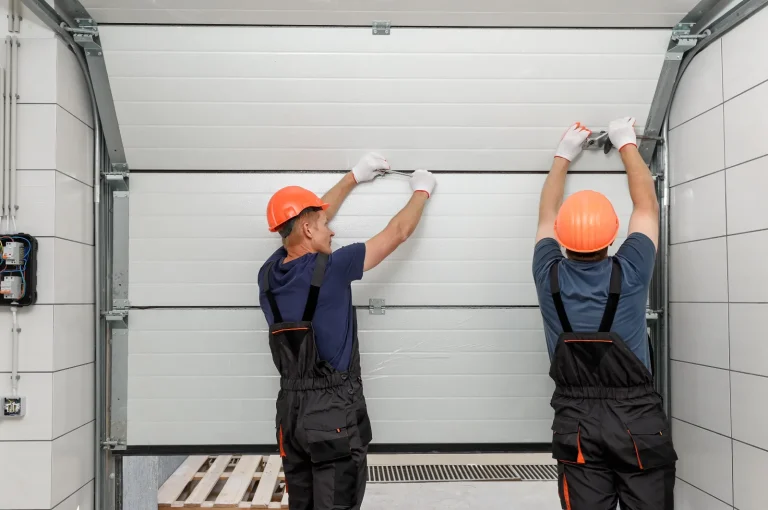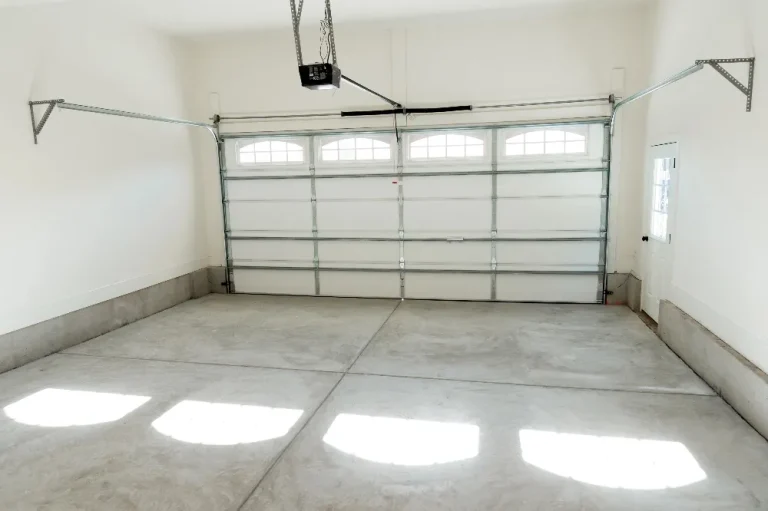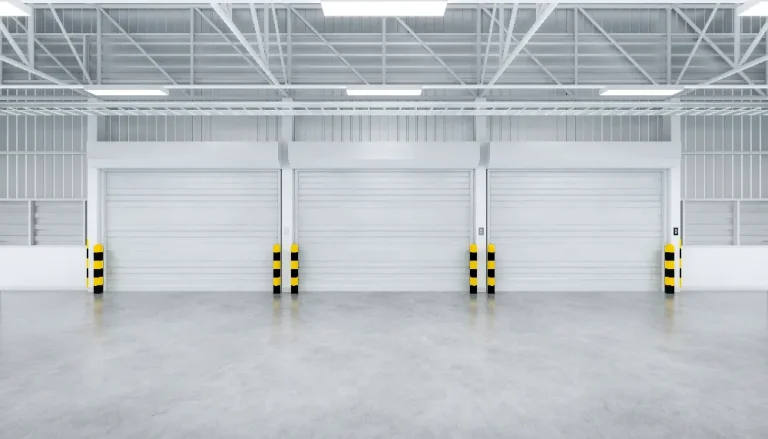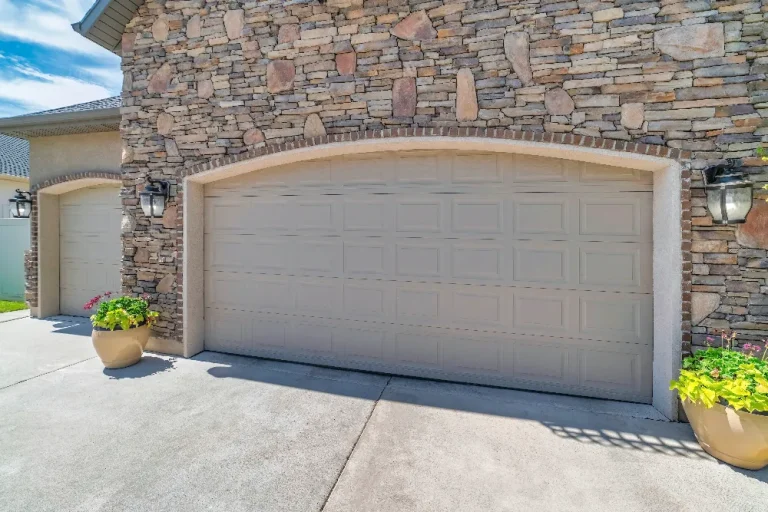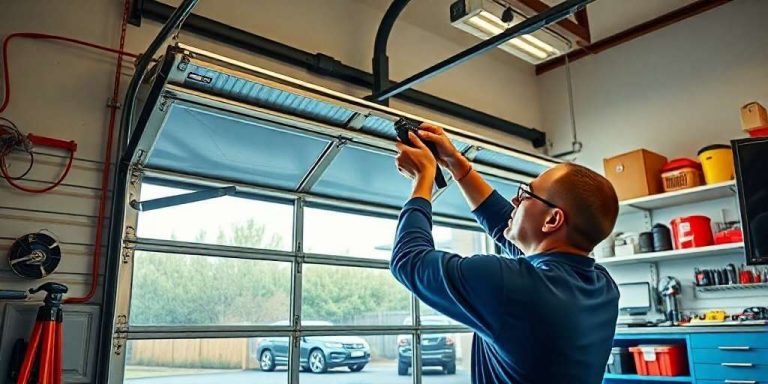In the world of home maintenance, few things can be as inconvenient as a malfunctioning garage door. Whether it’s waking up to find your car trapped inside or hearing ominous creaks each time it opens, a problematic garage door can cause unexpected disruptions in your daily routine. But what if the key to a smoothly operating garage door lay not just in professional repairs, but in understanding the secrets that repairmen have honed over years of experience? Imagine being able to anticipate issues before they become costly headaches, or knowing exactly what to say when describing problems to a technician. This blog post delves into the world of garage door repairmen, uncovering the insights and solutions they’ve kept under wraps.
As you read on, prepare to enter the fascinating realm of industry expertise, where you’ll learn about the subtle cues and signs that often go unnoticed by homeowners. These are the very same signals that skilled garage door repairmen use to diagnose problems quickly and efficiently. From understanding the importance of regular maintenance to knowing which DIY fixes are worth your time, our guide offers a treasure trove of knowledge. Armed with these insider tips, you’ll not only save money but also extend the life of your garage door, ensuring it operates smoothly for years to come. Are you ready to unlock the mysteries behind one of your home’s most crucial components? Let’s begin the journey into the mechanics of a well-functioning garage door.
The Importance of Regular Maintenance
Regular maintenance is crucial for the proper functioning and longevity of your garage door. Many homeowners neglect this aspect, only realizing its importance when their garage door starts experiencing issues. By regularly maintaining your garage door, you can prevent costly repairs and ensure that it operates smoothly at all times.One of the main reasons why regular maintenance is essential is that it allows you to identify potential problems before they escalate. During routine inspections, you can check for any signs of wear and tear, loose components, or unusual noises. By catching these issues early on, you can address them promptly and avoid more significant problems down the line.Regular maintenance also helps to keep your garage door in optimal condition. Lubricating moving parts such as hinges, rollers, and springs reduces friction and prevents premature wear. Additionally, cleaning the tracks and removing any debris ensures smooth operation.
Signs of Potential Garage Door Issues
Understanding the signs that indicate potential garage door issues is crucial for timely repairs. While some problems may be obvious, others require a trained eye to detect. Here are some common signs that your garage door may need attention:1. Unusual Noises: If you notice grinding or scraping sounds when opening or closing your garage door, it could indicate a problem with the tracks or rollers.2. Slow Operation: A sluggish or jerky movement when operating the garage door may be a sign of worn-out springs or other mechanical issues.3. Sagging Sections: If you notice sections of your garage door sagging or unevenly aligned, it could indicate a problem with the cables or springs.4. Inconsistent Performance: If your garage door operates smoothly one day but struggles to open or close the next day, there may be an issue with the opener or sensors.
Understanding Garage Door Components
To effectively communicate with repair technicians and understand their recommendations, it’s essential to have a basic understanding of garage door components. Here are the key components that make up a typical garage door system:1. Panels: These are the large sections that form the face of the garage door. They can be made of various materials such as steel, wood, or aluminum.2. Springs: Garage doors typically have either extension springs or torsion springs. These springs counterbalance the weight of the door, making it easier to open and close.3. Rollers: These small wheels attached to the sides of the door panels allow smooth movement along the tracks.4. Tracks: The tracks guide the rollers and ensure that the garage door moves up and down in a straight line.5. Opener: The opener is a motorized device that opens and closes the garage door. It is usually controlled by a remote or wall-mounted keypad.
DIY Fixes You Can Try at Home
While some garage door issues require professional assistance, there are a few DIY fixes you can try at home before calling a repairman. However, it’s important to exercise caution and only attempt these fixes if you feel comfortable doing so. Here are some common DIY fixes for minor garage door problems:1. Lubricating Moving Parts: Apply lubricant to hinges, rollers, and springs to reduce friction and ensure smooth operation.2. Tightening Loose Hardware: Check for any loose screws or bolts on your garage door system and tighten them as needed.3. Adjusting Track Alignment: If your garage door is misaligned, you can try adjusting the track using a wrench or pliers.4. Replacing Weatherstripping: Over time, weatherstripping can become worn out or damaged. Replace it to prevent drafts and improve energy efficiency.
Common Misconceptions About Garage Door Repairs
There are several misconceptions surrounding garage door repairs that often lead homeowners astray when it comes to maintenance and repairs:1. “Garage doors don’t need regular maintenance”: This is one of the most common misconceptions. Regular maintenance is essential to keep your garage door in optimal condition and prevent costly repairs.2. “All garage door repairs can be done DIY”: While some minor issues can be fixed by homeowners, more complex problems require the expertise of a professional repairman.3. “Replacing the entire garage door is the only solution”: In many cases, repairs can be made to specific components rather than replacing the entire door. A professional repairman can assess the situation and provide the most cost-effective solution.
Tips for Finding a Reliable Repairman
When it comes to hiring a garage door repairman, it’s important to find someone reliable and experienced. Here are some tips to help you find a reputable repairman:1. Ask for Recommendations: Seek recommendations from friends, family, or neighbors who have recently had their garage doors repaired.2. Check Online Reviews: Read online reviews and ratings of different repair companies in your area to get an idea of their reputation.3. Verify Credentials: Ensure that the repairman is licensed, insured, and certified by relevant industry organizations.4. Get Multiple Quotes: Obtain quotes from multiple repair companies to compare prices and services offered.
How to Communicate Effectively with Repair Technicians
Effective communication with repair technicians is crucial for ensuring that your garage door issues are properly addressed. Here are some tips for communicating effectively:1. Describe the Problem Clearly: Provide a detailed description of the issue you’re experiencing, including any unusual noises or behaviors exhibited by your garage door.2. Ask Questions: Don’t hesitate to ask questions about the recommended repairs or any concerns you may have.3. Seek Clarification: If you don’t understand something the technician explains, ask them to clarify or provide more information.4. Take Notes: Take notes during your conversation with the technician so that you can refer back to them later if needed.
Maximizing the Lifespan of Your Garage Door
To maximize the lifespan of your garage door and minimize the need for repairs, follow these maintenance tips:1. Regularly Inspect and Clean: Perform regular inspections to identify any signs of wear and tear. Clean the tracks and remove any debris that may hinder smooth operation.2. Lubricate Moving Parts: Apply lubricant to hinges, rollers, springs, and other moving parts to reduce friction.3. Test Safety Features: Regularly test the safety features of your garage door, such as the auto-reverse mechanism, to ensure they are functioning correctly.4. Avoid DIY Repairs Beyond Your Skill Level: While some minor repairs can be done by homeowners, it’s important to know your limits. Attempting complex repairs beyond your skill level can cause further damage.
Upgrading Your Garage Door: What You Need to Know
If you’re considering upgrading your garage door, here are a few things you should know:1. Material Options: Garage doors are available in various materials such as steel, wood, aluminum, or fiberglass. Each material has its own advantages and considerations.2. Insulation: Consider choosing an insulated garage door to improve energy efficiency and reduce noise transmission.3. Style and Design: Garage doors come in a wide range of styles and designs to complement your home’s architecture and enhance curb appeal.4. Professional Installation: It’s recommended to have a professional install your new garage door to ensure proper installation and optimal performance.
Conclusion: Mastering the Secrets of Garage Door Repairmen
In conclusion, understanding the secrets of garage door repairmen can help you maintain a smoothly operating garage door for years to come. By recognizing potential issues early on, knowing how to communicate effectively with repair technicians, and following proper maintenance practices, you can save money on costly repairs and extend the lifespan of your garage door. Whether it’s performing regular maintenance or seeking professional assistance when needed, mastering these industry solutions and tips will empower you to take control of your garage door’s performance. So, unlock the secrets and enjoy the convenience and peace of mind that comes with a well-functioning garage door.

